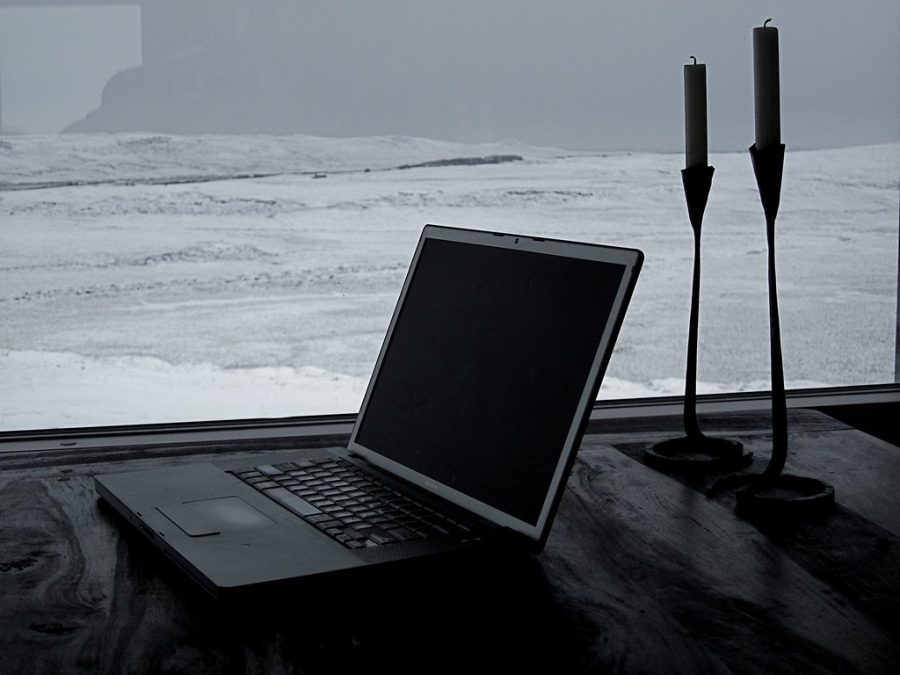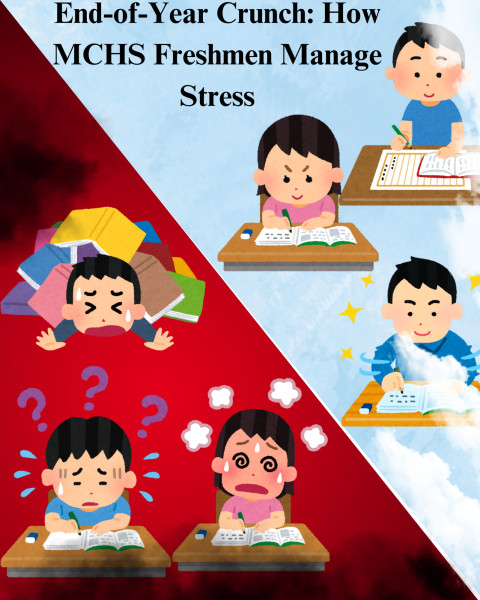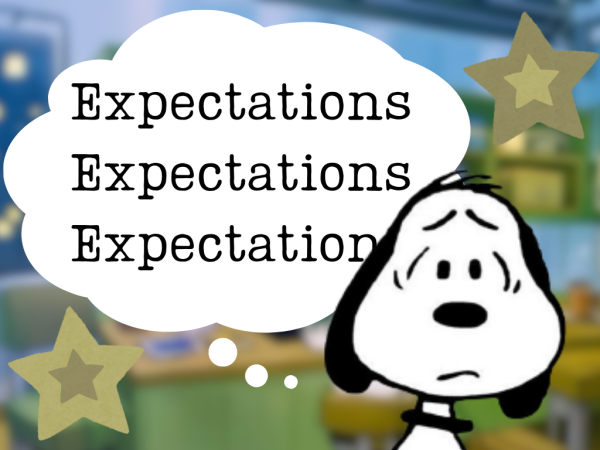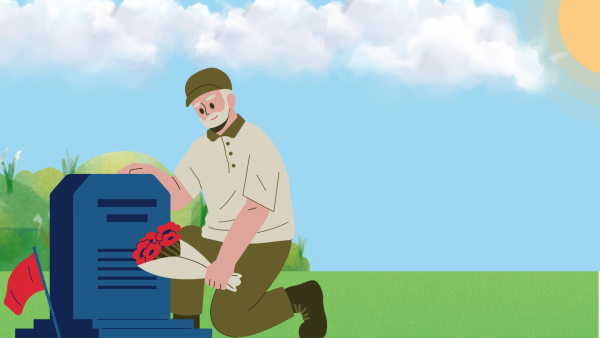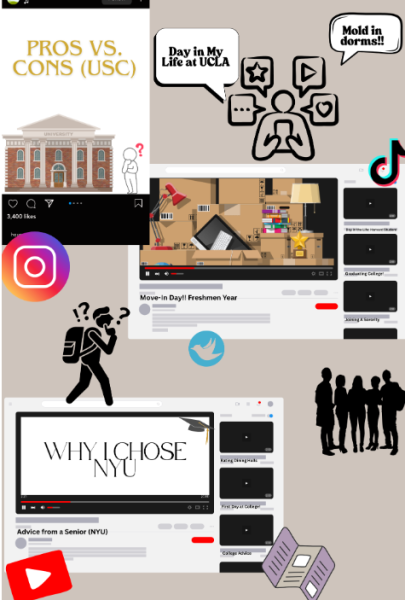How COVID-19 is affecting the mental health of students
How have distance learning and quarantine been affecting students?
It’s another day of school. Instead of getting up and heading out the door, you stay in your bed, groggily turning on your Chromebook. You log onto Zoom, where typical social interaction is impossible. You stare at the harsh glare of your screen for the next several hours. On some days, you can get by without uttering a single word. In a bygone pre-pandemic era, you would have been talking with your friends, exploring the outside world and experiencing adolescence in all its glory.
Due to the coronavirus pandemic, many students have been cut off from modern society. They are unable to go to school, socialize normally, or go to public places such as the library. Many have been tasked with taking care of younger siblings all while balancing their online course load. As a result, a great number of students are extremely stressed and have experienced emotional turmoil.
Noah Lee, a sophomore currently undergoing virtual learning, said, “It’s kind of jarring. I miss seeing my friends and staying at home all day is definitely affecting me. Plus, I get headaches from being online all the time.”
The negative consequences of the pandemic on students are evident to Velina Espinosa, who is a counselor at Middle College High School. Ever since the pandemic, she has been in contact with various students who have been facing mental health issues due to the isolation brought on by the coronavirus pandemic.
“I recently had an interesting conversation with a student who is struggling with feeling isolated during this Stay-at-Home time. We talked about the need to “fight back” the blues. It is so easy to feel “down” and wish that things were back to normal… I think there is a sense of isolation, missing friends, missing being in-person with people, [and] feeling cooped up which can lead to sadness or depression,” stated Espinosa.
The grave effects of COVID-19 on mental health have been well documented. In an issue from the Kaiser Family Foundation, it was revealed that, in August of 2020, 53% of adults in the United States had experienced a decline in emotional wellbeing ever since the beginning of the pandemic. That number is almost certainly higher now. While it is certainly important to self-isolate and keep yourself healthy physically, you should also take care of your mental health and socialize in a way that won’t put you at risk for the coronavirus. Humans are, after all, meant to be social creatures.
When questioned about methods of staying both mentally and physically healthy during quarantine, Espinosa responded with a short anecdote.
“So, a few times a week we play this board game and it is fun. We sit together, laugh, and just enjoy each other’s company. It’s a simple concept, but maybe we need to get back to simple ideas of staying connected,” said Espinosa.
So, if you’re feeling as if you’ve been trapped by quarantine or if you ever feel lonely, the solution could be as simple as picking up the phone and giving somebody a call or wearing a face mask to a friend’s house. Remember, there will be a light at the end of the tunnel.

I can wiggle my ears, I love classical music, and I’ve never eaten a burger before.
































